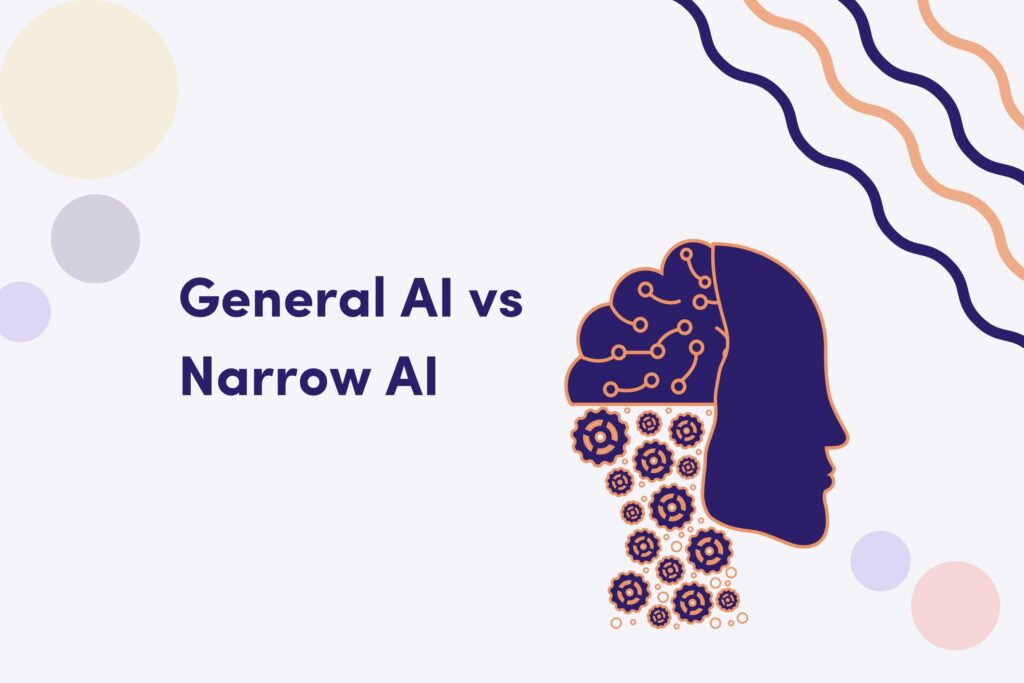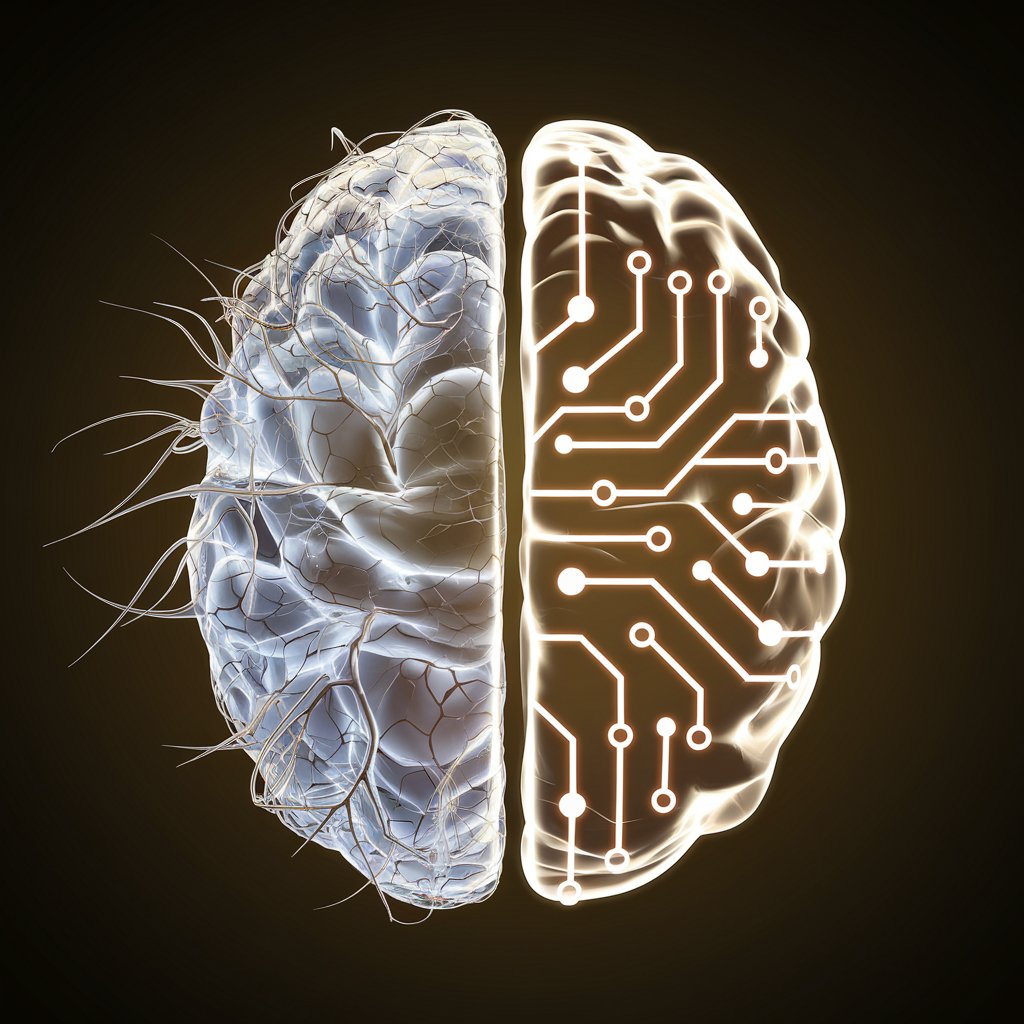Artificial General Intelligence

Artificial General Intelligence
Artificial General Intelligence AGI is an overarching goal in artificial intelligence. Narrow AI performs a particular task like speech recognition or object classification, while AGI attempts to attain human-level intelligence. An AGI system possesses the ability to learn, reason, solve, and develop to solve issues independently without any direct human intervention. Even though AGI is extremely promising, it also comes with challenges, thus a focal AI challenge.
In this blog, here, we explain AGI, its characteristics, challenges, uses, ethical implications, and future. We compare AGI to narrow AI as well and see why achieving AGI is an epic technological achievement.

What is Artificial General Intelligence AGI
AGI refers to AI capable of performing any intellectual task humanly possible. Unlike current task-specific AI, AGI has the ability to understand, learn, and apply knowledge in a variety of subjects.
Key Characteristics of AGI
1. Generalization – AGI will be capable of transferring knowledge across domains without being reprogrammed.
2.Problem-Solving – In contrast to narrow AI, AGI will be capable of reasoning, analyzing, and solving complex problems in real-time
3. Self-Learning – AGI will be capable of learning from experience, enhancing performance, and learning independently.
4. Common Sense Reasoning – AGI will be capable of processing human knowledge and making decisions based on it.
5. Self-Awareness – There are certain researchers who believe that AGI might get self-aware or feel emotions, but it is questionable.
Difference Between AGI and Narrow AI

– Narrow AI Weak AI is specialized in doing one thing like virtual assistants Siri, Alexa, recommendation systems, or autonomous vehicles.
– AGI has human-like cognitive abilities, does multiple tasks, understands context, and makes independent decisions.
1. Computational Power
AGI requires vast computing power to process big data in real-time. Supercomputers and quantum computing may be required.
2. Learning Algorithms
Current AI relies on deep learning, being good at pattern recognition but not real reasoning. New models driven by human-like neural networks are under development.
3. Data and Knowledge Representation
AGI must store and process knowledge effectively, recalling context and acting on knowledge like humans.
4. Safety and Ethical Concerns
Ensuring AGI aligns with human values is important. Alignment in AI research is aimed at preventing unanticipated or negative action
5. Self-Awareness and Consciousness
Conscious AGI means there must be talk of moral responsibility to intelligent systems.
Potential Applications of AGI

AGI can transform industries, including:
1. Healthcare
– AGI-diagnoses have the potential to detect diseases in an earlier and improved stage compared to doctors.
– AGI can help develop new drugs, make efficacy estimates, and predict molecular interactions.
– Robot surgeons can perform machine learning-based exact surgery.
– AI-based hospital management systems have the potential to make hospital services and patient treatment automated.
2. Education
– AI teachers can offer custom learning based on students’ grades.
– AGI-based computer teachers can increase e-learning cost-effectiveness.
– Automated grading tools can grade assignments justly.
– Course recommendations based on AI can improve students’ learning levels.
3. Business and Industry
– Supply chains can potentially be made smarter with AGI, make decisions easier, and enhance productivity.
– It can process business data for strategic business intelligence.
– Smart automation can revolutionize customer service and operations.
– AI-based computer systems can enhance financial security.
4. Space Exploration
– AI-powered spacecraft and robots can venture into planets without human assistance.
– AGI can study astronomical data and find things beyond human reach.
– Autonomous space missions based on AI can extend interstellar research.
– Forecasting AI can help find and disable cosmic threats.
5. Personal Assistants and Intelligent Environments
– Household tasks and energy usage can be managed by AGI-based assistants.
– Traffic might be optimized, energy usage minimized, and safety enhanced in smart cities.
– Home automation systems with advanced AI can simplify life and make it safer.
– Smart personal finance managers can assist with budgets and investments in stocks.
6. Cybersecurity and Defense
– Security systems powered by AI would be capable of detecting and driving away cyber attacks in real time.
– AGI would best utilize military strategy and threat analysis.
– AI surveillance may be improved with national security measures.
– AI warfare ethical implications must be explored.
Ethical Implications of AGI

1. Bias and Equity
– AI can be taught to be biased through training data. Most important is fair decision-making.
– Well-defined AI systems should be designed to minimize discrimination.
3. Security and Control
– Controls must be put in place to avoid unintended consequences in the case of AGI exceeding human intelligence.
– International standards for ethical use of AI will need to be established.
– AI governance policies should include accountability and transparency.
4. Existential Risks
– The experts are arguing that AGI would be detrimental if it is not aligned with human values, and it has to raise an argument about AI singularity.
– Controls need to be developed to make sure that AGI aligns with human interest.
– AI control mechanism research needs to be conducted to prevent undesirable AGI behavior oence Between AGI and Narrow AI
The Future of AGI

1. Brain-Inspired AI
– Researchers are searching within the brain for the means of creating AI algorithms that mimic human thought.
– Neuromorphic computing aims to enhance AI processes using brain-inspired processing.
2. Evolutionary AI
– AGI might develop through trial and error, simulating natural selection.
– Genetically engineered AI algorithms are capable of optimizing decision-making and efficiency.
3. AI Ethics and Policy Making
– Technology companies and governments are developing standards of ethics regarding AGI safety.
– Global cooperation on regulation of AI will shape responsible AGI development.
4.Human-AI Integration
- Neuralink, brain-computer interfaces BCIs, aim to boost human intelligence through AI.
- Human-AI convergence can transform cognitive enhancement and medical applications.
5.The Singularity Hypothesis
- Futurists predict AGI surpassing human intelligence, leading to an AI revolution.
- Superintelligence based on AI will transform economic, political, and technological landscapes.
- Rules on AI singularity must be studied in a manner that mitigates side effects.
6.AGI in Scientific Discovery
- Medical, physics, and engineering development may be changed by AI-based research.
- Climatic trends may be foreseen by simulation through AGI-based.
- Space exploration via AI may show new worlds as well as extraterrestrial life possibilities.
Conclusion AGI is the future of AI, with enormous developments in every field. But with it comes the technical and ethical challenges which need to be dealt with sensibly. With increased research in AGI, its fate hangs in the balance. Whether AGI is a blessing or a curse for humanity depends upon how it is being developed






